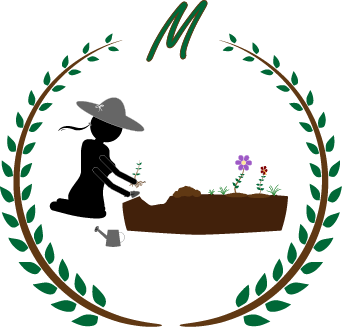How to grow guava in pots or containers
Guava is a tropical tree that can grow up to 10m. Its lifespan is about 40 years. There are many varieties of guava which vary in size and colour. Guava fruits are delicious and consuming them has many health benefits. Guava trees are not tolerant to severe frost, so it’s best to grow them in pots or containers if you live in colder regions. If you live in the tropical and subtropical regions you can grow them outside in your garden.
Growing conditions for the guava tree
Sunlight: Guava grows best when it receives 6 to 8 hours of sunlight every day.
Soil: You can plant guava in well-draining fertile sandy loam soil. The soil Ph should be between 5.5 to 7.5.
Water: Water your plant regularly but avoid overwatering to prevent root rot.
Fertilizing: You can fertilize your guava tree with compost or organic fertiliser once a month if you are growing in containers. If you are growing a guava tree in your backyard you can fertilise it 3 times a year. You can also mulch your plants to retain moisture in the soil.
Pruning: Prune your plants during the spring and summer seasons to control their growth.
How to grow guava in pots or containers
Take a small pot and fill it with seed starting mix. Sow the seeds half inch deep and water gently. You can also soak the seeds overnight before sowing them.
It can take about 3 to 8 weeks for the seeds to germinate. Once your saplings have grown 8 inches tall you can transplant them into bigger pots or containers.
For growing guava in pots, you can choose one that is 20 inches deep and wide. For making the potting mix, take 10% coarse sand, 20% perlite, 60% compost and 10% vermiculite. To prevent pests and diseases you can also add some neem cake to the potting mix.
Guava starts to bear fruit after 3 years of planting.
Pests and diseases
Guava can be affected by pests such as mealybugs, whiteflies, and blanketworms. You can use diatomaceous earth, neem oil or insecticidal soap to get rid of these pests.
Read more:
- How to grow chikoo in your home.
- How to grow papaya in your home.
- How to grow pomegranate in your home.
- How to grow orange in your home.
